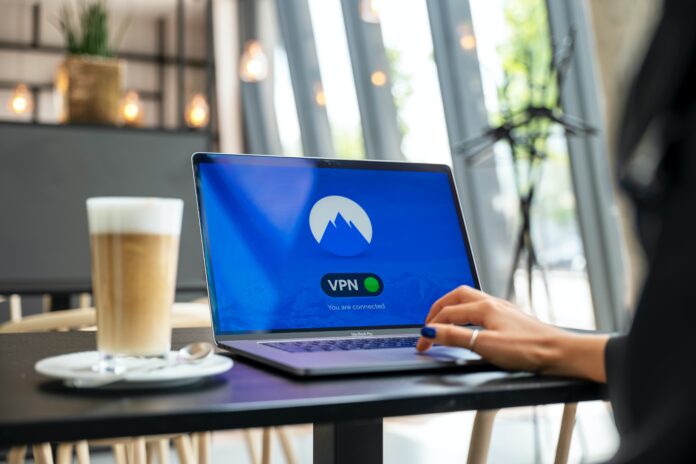A virtual private network (VPN) allows you to connect your computer equipment to a private network, enabling users to send and receive data through shared or public networks. THey are an essential tool for everyday internet users, allowing them to watch content from sites like AbemaTV by using recommended VPNs by EarthWeb that would otherwise be blocked outside Japan.
Essentially, VPNs create a secure connection between two or more devices, allowing data to be transmitted without fear of interception by malicious parties. All Internet traffic and communication is routed through the secure tunnel, also known as a VPN tunnel.
But how many types of VPNs are available, and how to choose the right one for your needs?
Main VPN Types
The general and most common types of VPNs are:
Remote VPN Access
Users can connect to a private network using a remote access VPN and enjoy its services and resources from a distance. All of this is simply and safely established through the Internet, allowing you to enjoy numerous advantages and benefits. Both commercial users and residential users can benefit from remote access VPN.
Private VPN Access
Most home users or private VPN users utilize VPN services to get around geographic internet blocks, and access prohibited websites. Users concerned about internet security also utilize VPN services to increase their online security and privacy.
VPN for Site-to-Site
Businesses typically employ this type of VPN because it gives them many advantages. This type of VPN gives companies a great possibility to connect their offices virtually and be able to work and communicate there. An intranet-based VPN is used to connect various offices of the same business utilizing a site-to-site kind of VPN.
An extranet-based VPN is used by businesses to connect to the location of another business using a site-to-site VPN. In essence, Site-to-Site VPN builds a virtual link between geographically separated office networks, tying them together over the Internet and preserving private and secure communication between them.
VPN Protocol Types
The VPN variants mentioned above use various VPN security mechanisms. The following details the features and security levels that each of these VPN protocols offers:
IPSec or Internet Protocol Security
Internet protocol security, also known as IPSec, is used to provide maximum safety and online security. To ensure that the data flow is secured, IPSec works in two ways: the first type is called transport, and the other is called tunneling. The data packet’s message is encrypted in transport mode, while the entire data packet is encrypted in tunneling mode.
Layer 2 Tunneling Protocol (L2TP)
To build a highly secure VPN connection, the Layer 2 Tunneling Protocol is usually connected with another VPN security protocol, ensuring it provides the best results. The IPSec protocol manages secure communication across the tunnels, while the L2TP is responsible for creating a link between two different points.
Point-to-Point Tunneling Protocol (PPTP)
The PPTP protocol wraps the data packet and builds a tunnel. The data between the connection and the server is secured with the help of a PPP or also known as Point-to-Point Protocol. Since Windows 95, one of the most used VPN protocols, has been PPTPed, Mac and Linux may use PPTP in addition to Windows.
Transport Layer Security (TLS) and Secure Sockets Layer (SSL)
SSL and TLS are responsible for enabling a VPN connection that provides maximum security by blocking access to software installed on the device and only giving the option to access the browser.
These VPNs are extremely useful in businesses and offices to prevent employees from misusing the device and the internet. That will help them stay focused on their work, providing quality results.
This is a very simple step to take, and it does not require any professional or technical involvement from third parties. It is simply enough to understand the benefits you can take advantage of and how they can help your business. You should definitely think about this type of VPN if you own a business and want to keep things as professional as possible with your employees.
OpenVPN
A Point-to-Point and Site-to-Site VPN called OpenVPN is helpful for establishing connections. It makes use of a unique security protocol based on SSL and TLS.
SSH: Secure Shell
By establishing the VPN connection and ensuring its encryption, Secure Shell, also known as SSH, is used to transport data. Data is sent from a local port to the distant server through the encrypted tunnel using an SSH client to establish connections.






















